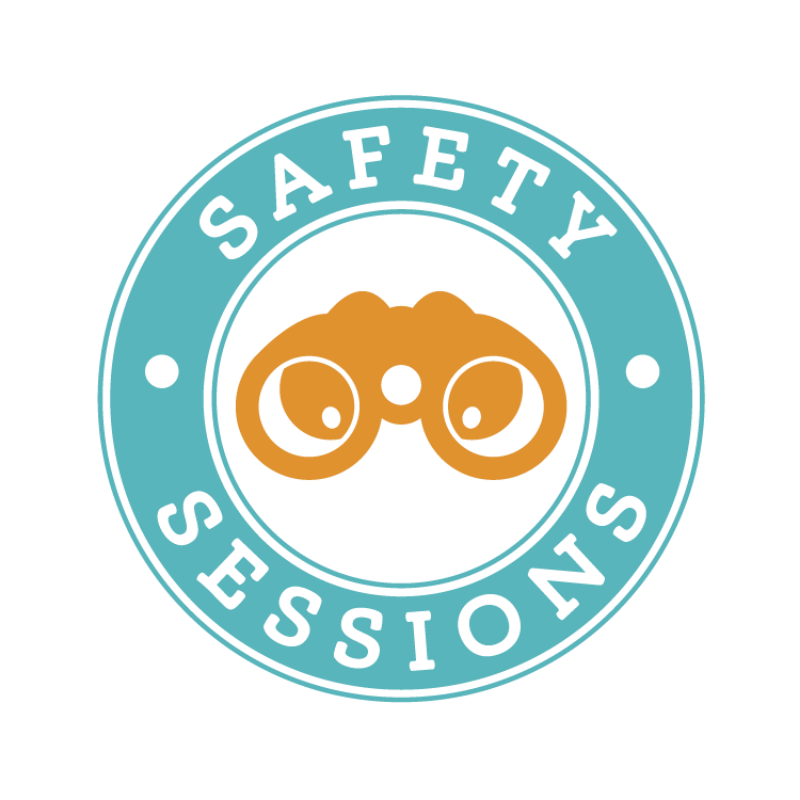We live in an increasingly complicated world and we all want our kids to grow up happy and carefree, but it’s important to remember to teach our kids common sense too, even if you end up scaring them a little bit. Preparing them with these facts and real knowledge even if it’s scary knowledge, is a must for every parent in order for them to ensure their safety.
Here are a few tough conversations every parent should have with their kids, frequently:
1. Except for a doctor, no one should ever touch a child’s private areas (the parts of the body covered by a bathing suit). And the doctor can only do so when a parent is present. Additionally, no one should ever ask a child to touch them in their private areas.
2. If a child goes with an abductor into a car they will probably never see their families again. Make sure your kids know to run and scream, kick and fight, do anything they possibly can to stop
3. It’s OK to sometimes break the rules to stay safe. If you are a teenager at a red light in the middle of the night and a suspicious person approaches your car or bumps you from behind, if you feel scared you can run that red light. Head to the police station or call for help on a cell phone.
4. Talk specifically about home emergencies. What’s the plan if there is a fire? What if Mom or Dad passes out and you can’t wake them up? Even very young children should know how a phone works or how to go get a neighbor. Act it out, make sure they really know.
5. Never give your address, phone number or any other personal info to anyone over the computer. Sometimes people pretend to be people they are not to talk or chat to kids. A 10 year old email buddy you meet in a chat room might be a middle-aged man.
6. Grown-ups don't need help from kids. No adult is going to ask a kid for directions or to help find their dog, or to read a map or for help with their own kid. If someone you don't know asks for help, give them permission to yell, "NO" and kick and scream and run. Even if the person seems really nice.
7. Talk about safety plans. These are unique to each family and are based on your lifestyle and situation. City kids should talk about what to do if the subway, bus or elevator doors close and you are alone. Have a plan and stick to it. Go to next stop and wait, or whatever you feel comfortable with, but you should have a plan. What if you are in a store or mall? Have a plan that is based on your daily life and what you are comfortable with.
8. Review your list of safe people often. This is the list of people you would send if you or your spouse or partner couldn't pick a child up at a designated time. Don't assume your children know who is on the list. Think about it, talk about it, and review it frequently. If you have a list of 10 people, then even if the music teacher or soccer coach or nice person from the flower store came and said you sent them, they know there is no way that is true.
9. Talk about what to do if someone comes to the door and your child is home alone. Have a plan for how you want your child to handle that and review all their options, from ignoring, to calling someone for helo, to calling 911.
10. Most importantly, give them PERMISSION TO ACT. So often, parents assume that permission is implied in dangerous or scary situations. Kids need to be told it explicitly and often. Remind them it's okay to use their own judgement, even if that means they might offend someone, be rude or be wrong. And then, if and when they DO use their judgement, even if it's not exactly how you would handle it, praise them. Acknowledge the instinct for self-advocacy and speaking up for their own safety. That is a muscle that will serve them throughout their entire lives.

